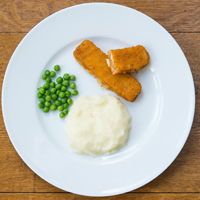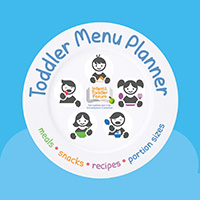
Use our Toddler Meal planning tool to ensure your 1-4 years old receives a balanced diet every day.
Find out more >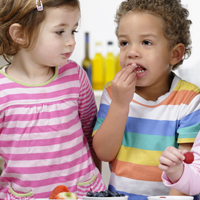
Use our toddler food tracker to check that your 1-4 year olds are getting a good balance of foods and activity
Find out more >
This educational programme for frontline professionals contains a range of practical resources on infant feeding.
Find out more >-
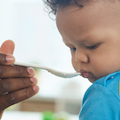
Toddler food refusal
Most parents will struggle at some point to get their toddlers to eat certain foods. Is toddler food refusal a sign of an eating disorder. or is it merely a phase? In the run up to Eating Disorder Awareness Week, Gill Harris provides practical advice to help parents tackle fussy eating in toddlers.
Read More -
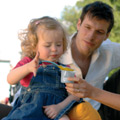
Why Toddlers Refuse Food
Food refusal is a normal phase that most toddlers pass through. Fear of new foods in the second year may be a survival mechanism to prevent increasingly mobile toddlers from poisoning themselves through eating anything and everything. For some time toddlers may limit the variety of foods they eat.
Read More -
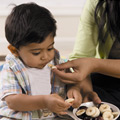
How to Manage Simple Faddy Eating in Toddlers
Learning to eat is like any other learning process – it takes time. As parents there are a number of things you can do to help to ensure that you and your toddler will, once again, be able to enjoy food together.
Read More -

How to Cope When Your Child Shows Extreme Food Refusal
Some toddlers have an innate, or inborn, resistance to eating a wide range of foods. They may have extreme anxiety about trying new foods (strongly neophobic) or have an extreme reaction to the different senses, touch, taste and smell (sensory-sensitive).
Read More -
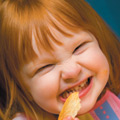
How to Broaden Your Child’s Food Experience
Some toddlers haven’t had enough experience with solid textured foods in their first year. They may only eat pureed food or ‘easy’ bite and dissolve foods like Skips or Quavers. Because they have not learnt to move food around in their mouth, they are frightened by food that needs to be chewed.
Read More


